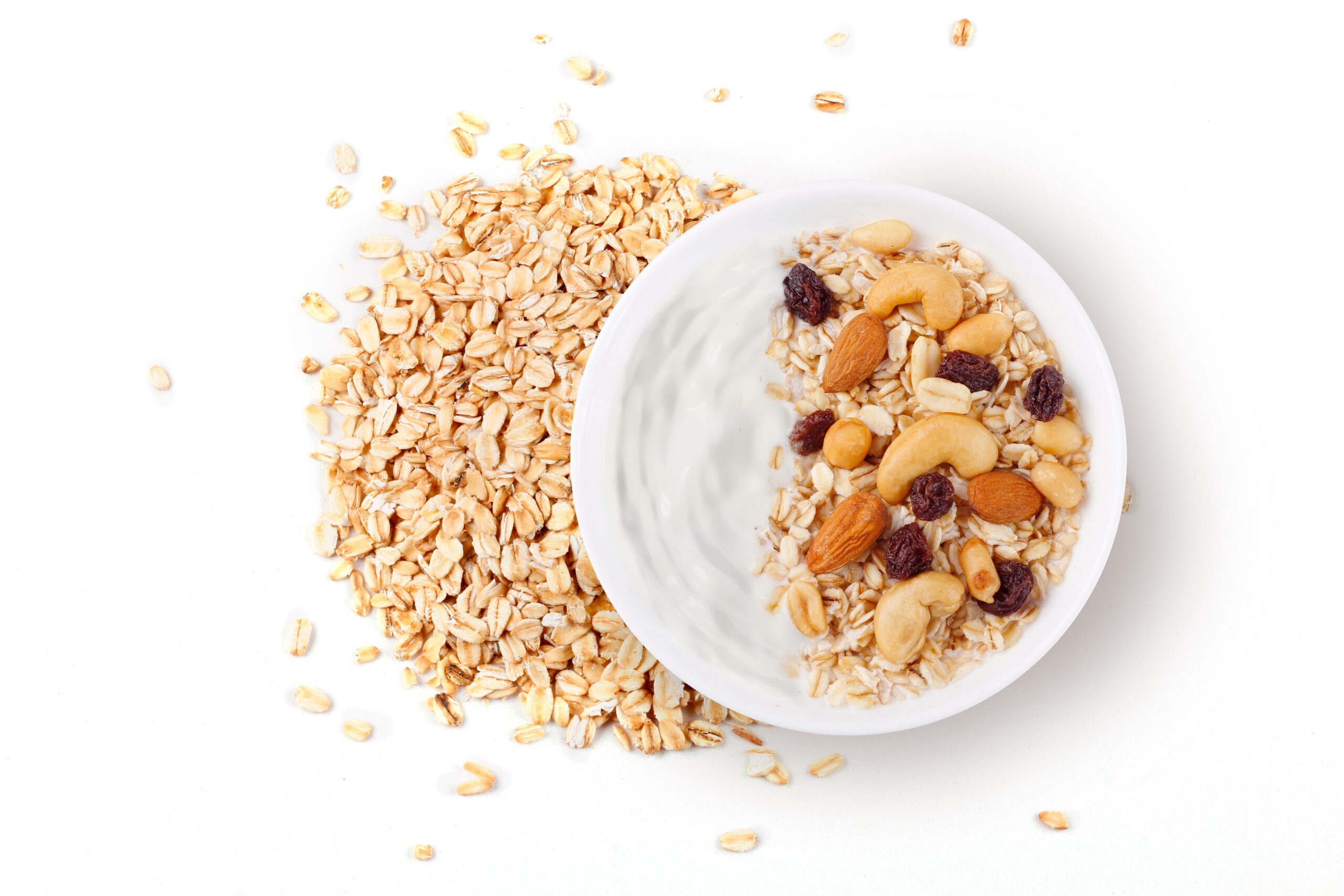The narrative that all convenience foods harm heart health has been challenged by new research, which may redefine how we perceive these dietary staples.
Story Highlights
- Not all ultra-processed foods (UPFs) are equally harmful; some may even be beneficial for heart health.
- Recent studies suggest certain convenience foods like cereals and yogurt could lower heart disease risk.
- Harvard and the American Heart Association call for nuanced dietary guidelines.
- Demand for healthier convenience foods is on the rise, prompting industry reform.
Changing Perceptions of Convenience Foods
Recent research from Harvard T.H. Chan School of Public Health and the American Heart Association has significantly shifted the narrative around ultra-processed foods (UPFs). While UPFs have long been associated with increased cardiovascular risk, emerging evidence suggests that not all UPFs are created equal. Some categories, such as cold cereals, yogurt, and certain savory snacks, may actually contribute positively to heart health when they have favorable nutritional profiles.
This paradigm shift is crucial as it challenges the longstanding belief that all convenience foods are detrimental. With the American diet heavily reliant on these foods, understanding their diverse impacts is vital. The Harvard study, published in 2024, and the American Heart Association’s 2025 Science Advisory, both emphasize the need for more nuanced dietary guidelines that recognize the potential benefits of certain UPFs.
The 6 Convenience Foods You Should Eat to Lower Blood Pressure, According to Dietitians: https://t.co/GAVgTtmAea
— Georgeanne Matranga ☮️🟧 (@DTPORGE) September 5, 2025
The Role of Research and Guidelines
Studies conducted by the National Institutes of Health (NIH) and other reputable organizations highlight the complexity of UPFs’ health impacts. The NIH has stressed the importance of conducting rigorous clinical trials to establish a clearer understanding of causality between UPF consumption and cardiovascular health. These efforts aim to inform public health guidelines that can differentiate between harmful and potentially beneficial UPFs.
Researchers from these studies advocate for reducing consumption of known high-risk foods like processed meats and sugary drinks. Simultaneously, they recognize potential health benefits from selected UPFs, provided they are low in saturated fats, added sugars, and sodium. This balanced approach could lead to strategic dietary recommendations that support heart health without demonizing all convenience foods.
Economic and Social Impacts
The evolving understanding of UPFs has significant implications for consumers and the food industry alike. As public awareness grows, there is an increasing demand for healthier convenience foods, prompting manufacturers to innovate and reformulate products to meet these expectations. This trend may lead to market growth for health-oriented convenience foods and potentially reduce healthcare costs by preventing diet-related chronic diseases.
Moreover, the shift in dietary guidelines can influence regulatory policies and consumer behaviors, fostering a more health-conscious society. The food industry, therefore, plays a critical role in adapting to these changes by offering products that align with contemporary health standards and consumer demands.
Sources:
Harvard T.H. Chan School of Public Health on Ultra-Processed Foods and Heart Health
NIH Explores Link Between Ultra-Processed Foods and Heart Disease
American Heart Association on Ultra-Processed Foods and Health
Prioritizing Health: Ultra-Processed Foods in the Food System
Food Trends 2025: Focus on Healthful Foods









